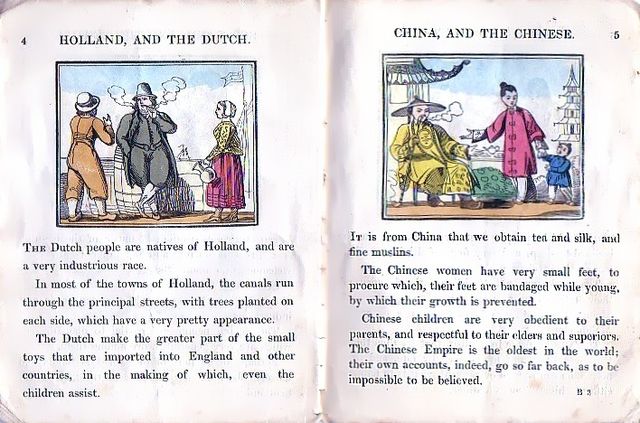Stereotypes of American people can today be found in virtually all cultures. They often manifest in America's own television and in the media's portrayal of the United States as seen in other countries, but can also be spread by literature, art, and public opinion. Not all of the stereotypes are equally popular, nor are they all restricted to Americans; and although most can be considered negative, a few assign neutral, positive or admiring qualities to the stereotypical U.S. citizen. Many of the ethnic stereotypes collide with otherwise unrelated political anti-Americanism.
Anti-American street art, depicting Uncle Sam, with anti-imperialist slogan ('out with imperialism')
An ethnic stereotype or racial stereotype involves part of a system of beliefs about typical characteristics of members of a given ethnic group, their status, societal and cultural norms. A national stereotype does the same for a given nationality. The stereotyping may be used for humor in jokes, and/or may be associated with racism.
A 19th-century British children's book informs its readers that the Dutch are a "very industrious race", and that Chinese children are "very obedient to their parents".


